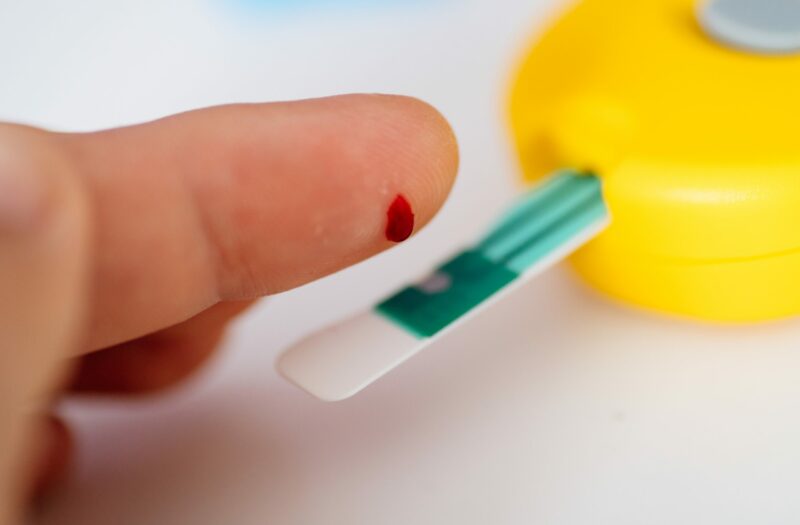Key Takeaways
- Taking SGLT2 inhibitor medications for type 2 diabetes may also be protective against gout.
- SGLT2 inhibitors might reduce gout risk because they’ve been shown to lower levels of uric acid in the blood.
Gout and type 2 diabetes often overlap, probably because they share common risk factors like obesity and high blood pressure. But the kind of medication that someone with type 2 diabetes uses to manage their blood sugar may also have an impact on their gout risk.
In 2019, we reported on a study that found people with diabetes who used drugs known as SGLT2 inhibitors were less likely than those who took GLP1 agonists to develop gout. Now a newer study, published in JAMA Network Open, similarly suggests that SGLT2 inhibitors might be protective against gout.
The new study pit SGLT2 inhibitors against DPP4 inhibitors. SGLT2 drugs include canagliflozin (Invokana), dapagliflozin (Farxiga), and empagliflozin (Jardiance). They’re taken orally and lower blood sugar by causing more of it to be excreted in urine.
DPP4 inhibitors — which include sitagliptin (Januvia), saxagliptin (Onglyza), linagliptin (Tradjenta), and alogliptin (Nesina) — are also taken orally. They work, in part, by prompting the body to make more insulin.
The new study used data from the Taiwan National Health Institution database to determine which medications were used by people in Taiwan between 2016 and 2018 and how that might be connected to gout incidence.
According to their findings, “use of SGLT2 inhibitors in [type 2 diabetes] was associated with a lower risk of gout incidence compared with use of DPP4 inhibitors… After adjustment for potential confounders, gout incidence was reduced by 11 percent with SGLT2 inhibitors.”
The authors suggested that SGLT2 inhibitors might reduce gout risk because they’ve been shown to lower levels of uric acid in the blood by causing more of it to be excreted in urine.
Gout occurs when too much uric acid builds up and settles in the joints.
These drugs may also suppress proteins associated with inflammatory arthritis including gout, they added.
Found This Study Interesting? Get Involved
If you are diagnosed with arthritis or another musculoskeletal condition, we encourage you to participate in future studies by joining CreakyJoints’ patient research registry, ArthritisPower. ArthritisPower is the first-ever patient-led, patient-centered research registry for joint, bone, and inflammatory skin conditions. Learn more and sign up here.
Chung M, et al. Association of Sodium-Glucose Transport Protein 2 Inhibitor Use for Type 2 Diabetes and Incidence of Gout in Taiwan. JAMA Network Open. November 2021. doi: https://doi.org/10.1001/jamanetworkopen.2021.35353.
Sodium-glucose Cotransporter-2 (SGLT2) Inhibitors. U.S. Food and Drug Administration. https://www.fda.gov/drugs/postmarket-drug-safety-information-patients-and-providers/sodium-glucose-cotransporter-2-sglt2-inhibitors.
Venkata S, et al. Dipeptidyl Peptidase IV (DPP IV) Inhibitors. Stat Pearls. July 26, 2021. https://pubmed.ncbi.nlm.nih.gov/31194471.






